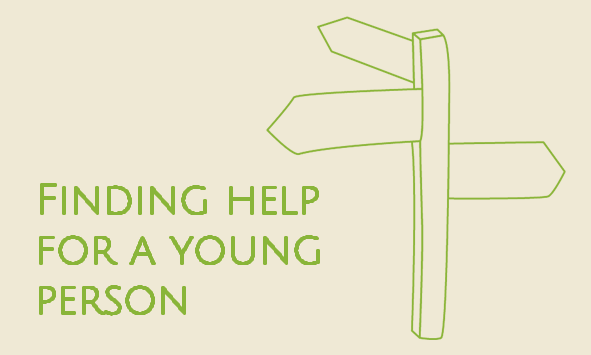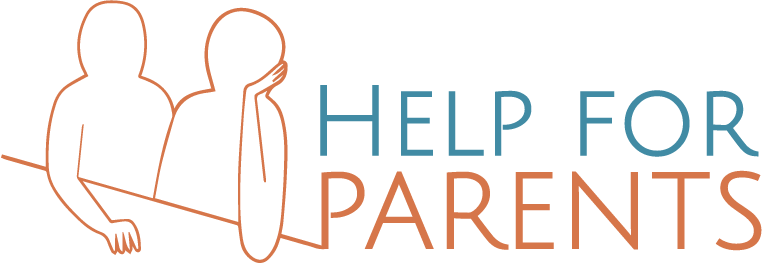
What parents say...
Many parents in our survey say they found help from services outside the statutory sector, with 36% of parents saying that they had used private counsellors, psychologists and other therapists.
Where to go for help
It can sometimes be hard to know where to turn to for help. Statutory mental health services (CAHMS) typically have high thresholds and help isn’t always available at the point when young people need it. Parents may find themselves navigating a complex web of services in the statutory, voluntary and private sector. In reality, parents and young people do get help from a range of different places and ‘help’ itself can take many forms.

First steps
Going to the GP is often the first step to getting help. A GP will listen to your concerns and can refer or signpost a young person on for further help. You may go with your young person to the GP or they may prefer to go alone. Either way, Doc ready website can help you both to prepare for this appointment and develop a checklist of things to say and gives you a way to record what was said in the appointment.
Some more advice on going to your GP here.

Child and Adolescent Mental Health Services (CAMHS)
CAMHS works with children and young people up to the age of 18 who are experiencing emotional and mental health problems.
FINDING OUT MORE ABOUT CAMHS:
How to access Child and Adolescent Mental Health Services (CAHMS)
If you’ve been referred to CAHMS and want to find out more about it – young people and clinicians talk about their experience and answer questions at the Anna Freud National Centre for Children and Families
Want to know Who’s Who in Child and Adolescent Mental Services

Getting help outside the statutory sector
There are many ways to find support for young people and when help isn’t forthcoming from the statutory sector, you may want to look elsewhere.
This might include youth advice agencies or private counsellors or therapists. Often it is as much about finding the right person as finding the right treatment, so don’t be afraid of shopping around and going with what feels right for your young person.
• For advice on how to help your child with specific mental health conditions see: Young Minds Parents A-Z guide to support
• You can search for services in your area through Youth Access or findgetgetive or Youth wellbeing service directory
• If you want advice on finding a therapist see: Young Minds guide to seeking counselling or therapy

Being in the picture as a parent
When a young person attends CAMHS, you will not necessarily be informed of the content of sessions unless a young person is seen to be at risk. Some practitioners will involve parents but this will vary and parents often say they find it frustrating not to be told what is going on. Here is some more information to help you understand more about confidentiality.
• Confidentiality for young people

Finding online support for young people
There is a multitude of information online about mental health – and this can be a real source of support for young people. You might want to point your young person to some of these recognised sites which are aimed specifically at young people:
Young Minds – provides information and support about mental health for young people
Crisis messenger – Young Minds support for young people in crisis
On my Mind – helping young people make informed choices about their mental health – Anna Freud Centre
The Mix – Online support and phone line for young people
Support line for young people who are isolated and affected by abuse
Mood Juice – Scottish site for self-help with emotional problems
Switchboard – LGBT+ support
Self-care ideas for young people from the Anna Freud Centre
